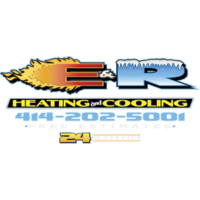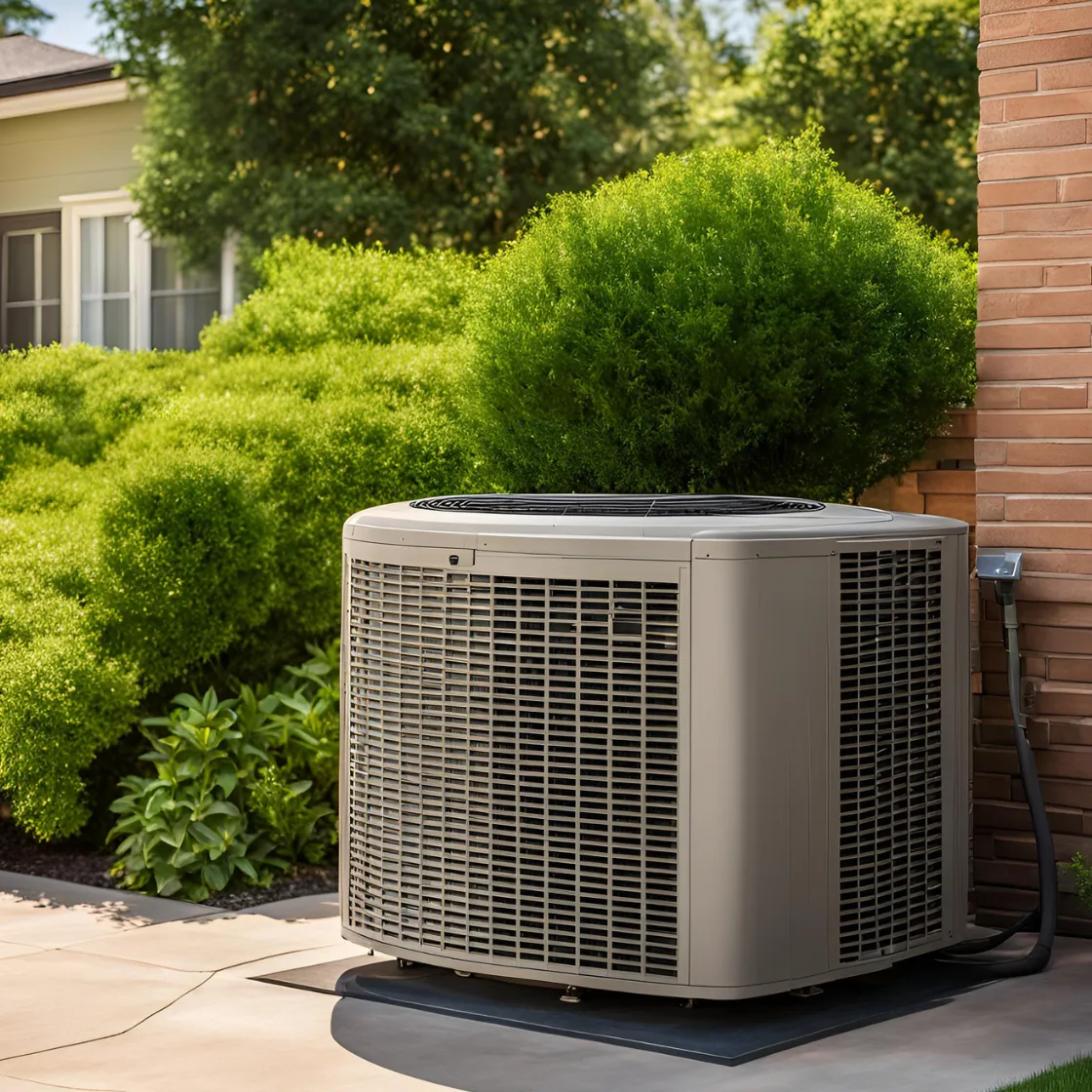
HVAC Fire Safety: Protect Your Milwaukee Home This Winter
As winter tightens its grip on Milwaukee, homeowners rely heavily on their HVAC systems to stay warm. While these systems are designed to provide comfort, they can also pose fire risks if not properly maintained. To keep your family safe, it’s essential to understand HVAC fire hazards and take the necessary precautions.
Here’s an expanded guide to HVAC fire safety for Milwaukee homeowners, covering key aspects to ensure your system runs safely all winter long.
1. Schedule a Professional Inspection
Annual inspections by a licensed HVAC technician are one of the best ways to prevent fires. Here’s what a thorough inspection typically includes:
Electrical Safety Checks: Over time, wires can become frayed or loose due to wear and tear or even pests. These can create short circuits that spark fires.
Heat Exchanger Inspection: Cracks or damage in the heat exchanger can lead to overheating or gas leaks, both of which pose serious risks.
Gas Line Assessment: For gas furnaces, technicians check for leaks or improper connections that could lead to dangerous gas build-up.
Component Cleaning: Dust, dirt, and debris can clog vital components, leading to overheating. Professionals will clean burners, blowers, and other parts to ensure optimal safety and efficiency.
By scheduling a fall or early winter inspection, you can address issues before they become serious, ensuring a safer heating season for your Milwaukee home.
2. Change Your Filters Regularly
Dirty air filters are one of the most common causes of HVAC overheating. When air filters are clogged, your system struggles to maintain airflow, increasing stress on the motor and heating elements.
Here’s a deeper dive into filter maintenance:
Frequency of Replacement: Change standard filters every 1-3 months. If you have pets, smoke indoors, or live in an area with high air pollution, consider replacing them monthly.
Filter Types: Invest in high-quality filters designed to trap more dust and allergens. HEPA filters, for example, can improve air quality while reducing fire risks.
Seasonal Considerations: Milwaukee’s winters often bring dry air, which leads to more dust accumulation. Regular filter changes during peak usage months are especially important.
Many Milwaukee HVAC suppliers offer subscription services for filters, so you’ll never forget to replace them.
3. Keep the Area Around Your HVAC System Clear
The location of your HVAC equipment plays a big role in fire prevention. To minimize risks:
Avoid Clutter: Keep items like holiday decorations, cardboard boxes, and cleaning products far from your furnace or water heater. Even small items can ignite when exposed to heat.
Ventilation Space: Ensure at least three feet of clearance around all HVAC units. This allows proper airflow and reduces the risk of overheating.
Seasonal Considerations: In Milwaukee’s cold months, keep an eye on furnace rooms or basements, where items like firewood or space heaters might accidentally get too close to HVAC equipment.
4. Check Your Ventilation
Proper ventilation ensures your HVAC system doesn’t overheat or trap dangerous gases like carbon monoxide. Take these steps to improve safety:
Clean Ducts Regularly: Dust and debris can build up in ductwork, creating blockages that restrict airflow. Schedule professional duct cleaning every 3-5 years or as needed.
Monitor Outdoor Vents: Milwaukee winters often bring heavy snowfalls that can block exterior vents, leading to dangerous conditions. Clear snow and ice promptly to maintain airflow.
Inspect Flue Pipes: Flue pipes expel harmful gases from your furnace. Ensure these pipes are intact and free of obstructions to prevent dangerous gas build-up.
5. Install Smoke and Carbon Monoxide Detectors
Having properly functioning alarms is critical for early fire or gas leak detection. Here’s how to maximize their effectiveness:
Placement: Install smoke detectors in key areas like the kitchen, hallways, and near bedrooms. Place carbon monoxide alarms near your HVAC system and any gas-powered appliances.
Testing: Test alarms monthly by pressing the "test" button. If they fail to sound, replace batteries immediately.
Lifespan: Replace smoke detectors every 10 years and carbon monoxide detectors every 5-7 years to ensure reliability.
Local Milwaukee fire departments often run campaigns or programs to help residents install and maintain these essential devices.
6. Be Mindful of DIY Repairs
While DIY fixes can be tempting, HVAC repairs are best left to licensed professionals. Improper handling of electrical components, gas lines, or other system parts can create new hazards.
Electrical Risks: Poorly connected wires or components can lead to short circuits or sparks, increasing fire risk.
Warranty Concerns: DIY repairs might void manufacturer warranties, leaving you unprotected in the event of a failure.
Local Expertise: Milwaukee HVAC professionals are familiar with regional codes and climate needs, ensuring your system is safe and compliant.
7. Stay Alert to Warning Signs
Early detection of HVAC issues can prevent small problems from escalating into fire hazards. Pay attention to the following red flags:
Burning Odors: A burning smell could indicate overheating components, such as a motor or wiring issue.
Unusual Noises: Grinding, popping, or squealing noises may signal mechanical failure or clogged parts.
Pilot Light Problems: A yellow or flickering pilot light (instead of blue) may indicate gas or ventilation issues.
Call a professional immediately if you notice these warning signs. Ignoring them can lead to dangerous situations.
8. Use Space Heaters Safely
Space heaters can be a helpful addition during particularly cold Milwaukee nights, but they also pose fire risks if used improperly.
Placement: Keep heaters on a flat, non-flammable surface and at least three feet away from curtains, furniture, and other combustibles.
Automatic Shut-Off: Choose models with automatic shut-off features to prevent overheating or tipping accidents.
Extension Cords: Avoid using extension cords with space heaters, as they can overheat and ignite. Plug heaters directly into a wall outlet.
Remember, never leave a space heater unattended or on while sleeping.
Milwaukee winters demand reliable HVAC systems, but safety must remain a priority. By following these expanded HVAC fire safety tips, you can reduce the risk of fire, protect your loved ones, and enjoy peace of mind throughout the heating season.
If you need assistance, schedule a professional inspection or consultation with a trusted Milwaukee HVAC company. A little preventive care goes a long way in ensuring both warmth and safety this winter!
Stay warm, Milwaukee, and stay safe!


